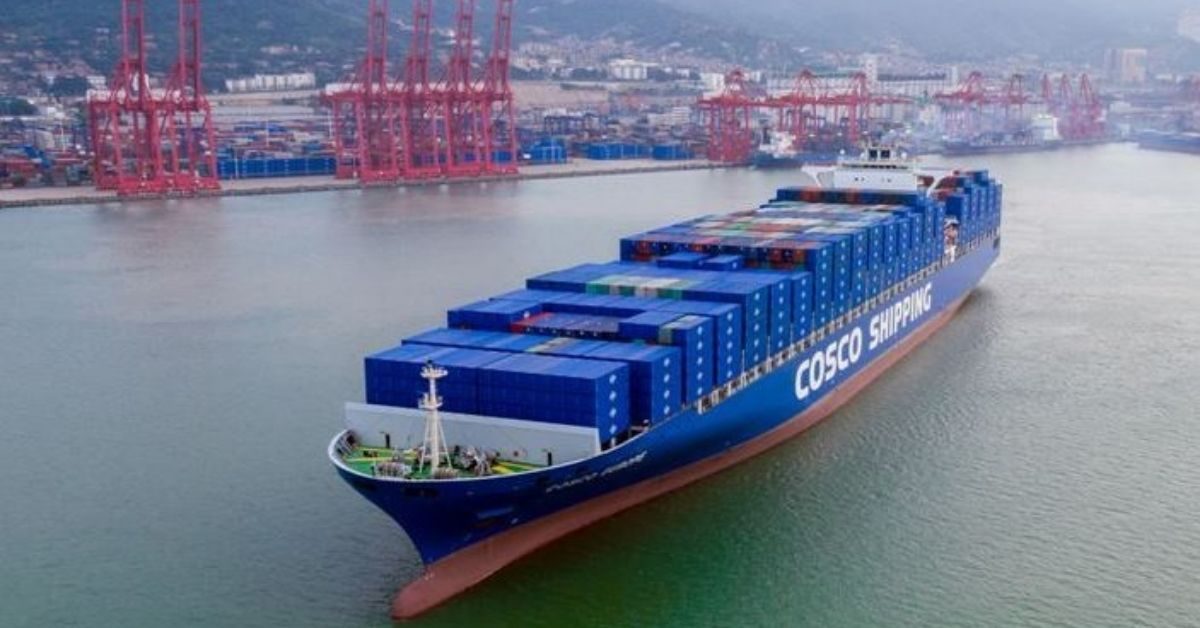In late October, the German government approved the acquisition of a minority stake of less than 25 percent in the operating company HHLA Container Terminal Tollerort by COSCO Shipping Port Limited (CSPL).
“We appreciate that a solution has been found in objective and constructive talks with the Federal Government,” Angela Titzrath, Chairwoman of HHLA’s Executive Board, declared. “Our long-standing Chinese partner COSCO Shipping Ports Limited can acquire a minority share of less than 25 percent in the operating company of Container Terminal Tollerort (CTT) GmbH in Hamburg, subject to the conditions imposed by the Federal Government. We will negotiate a corresponding adjustment of the agreement with CSPL shortly.
The deal has raised concerns about China’s growing influence in the European port network, with two important ports nearby, Rotterdam and Antwerp, already having similar shareholding positions with COSCO. COSCO already has shares in 15 different European ports in Greece, Malta, Italy, Spain, France, Belgium, Netherlands, and Germany.
According to Dr. Francesca Ghiretti, an analyst in the Brussels office of the Mercator Institute for China Studies (MERICS), COSCO presents national and economic security risks not through a single investment in any European port but because of three key factors.
“COSCO presents national and economic security risks not through a single investment in any European port, but because of three key factors,” Ghiretti added in her blog on strategy, defense, and foreign affairs platform, War on the Rocks. First, she points out that COSCO is not just another shipping company. While its competitors like Hapag-Lloyd or MAERSK have fiduciary responsibilities to shareholders to maximize return on investment and shareholder value, COSCO is a tool for Beijing to advance its strategic interests.
In addition, COSCO can take greater market share and increase European dependency on Chinese shipping due to unequal market access. Finally, she points to the fact that COSCO and another State-owned Assets Supervision and Administration Commission entity called China Merchants Group have steadily expanded their footprint across the E.U. common market. With the Hamburg deal, the State-owned Assets Supervision and Administration Commission holds a significant market share in the port infrastructure. None of those investments necessarily post an immediate risk individually, but they begin to appear as a source of concern.
There are moves afoot to mitigate against overt control from Beijing, with the European Union in the process of approving a regulation on distortive foreign subsidies that would allow it to scrutinize non-E.U. enterprises subsidized by foreign countries that may cause market distortions and damage the level playing field. That will make foreign companies subject to the same strict regulations E.U. enterprises must follow.







